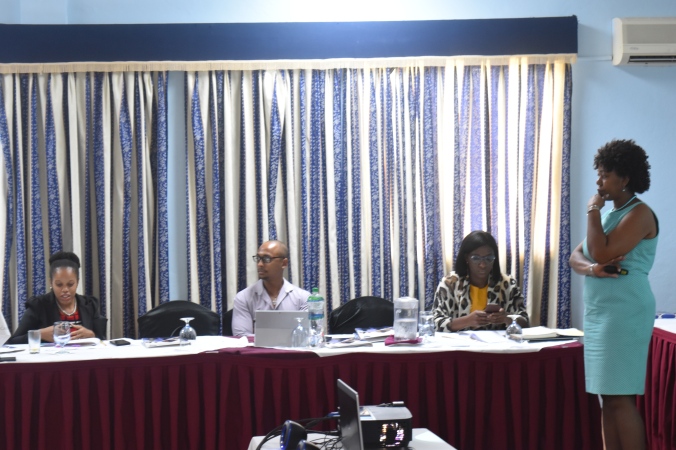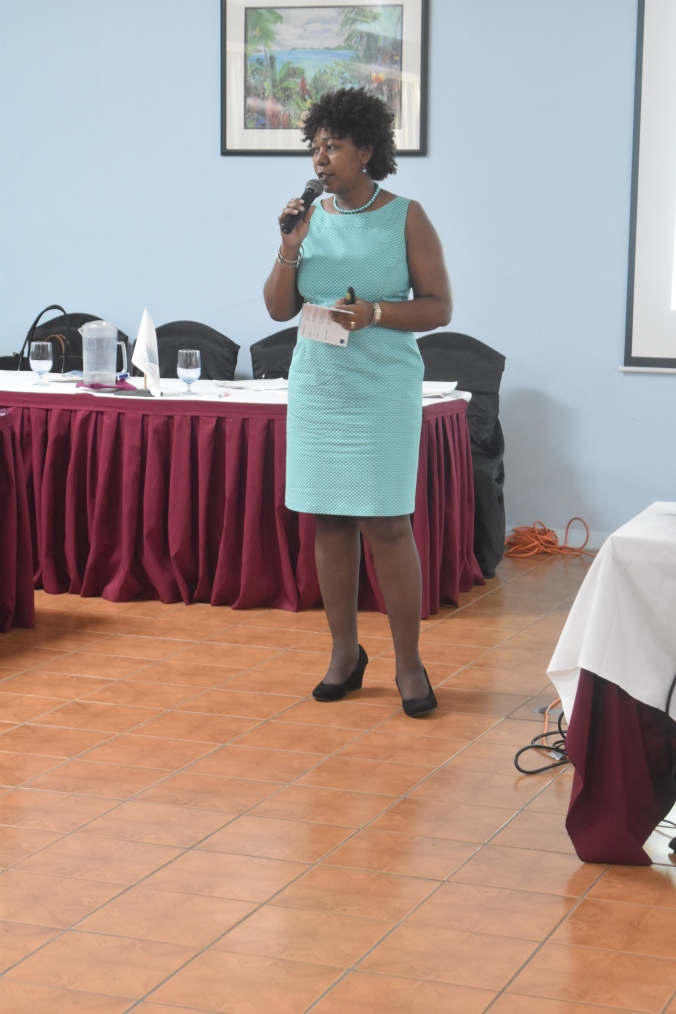We all know that the right mind-set can improve productivity. What if that mind-set was nothing more than the feeling of happiness? According to research from the University of Warwick, happiness makes people more productive at work. In conducting this research, economists carried out a number of experiments to test the idea that happy employees work harder. Under laboratory conditions, they found that happiness made people approximately 12% more productive.
Professor Andrew Oswald, Dr. Eugenio Proto and Dr. Daniel Sgroi from the Department of Economics at the University of Warwick led the research. The study, which was published in the Journal of Labour Economics, included four different experiments with more than 700 participants. During the experiments a number of the participants were either shown a comedy movie clip or treated to free chocolate, drinks and fruit. Others were questioned about recent family tragedies, such as bereavements. All these experiments were done to assess whether lower levels of happiness were later associated with lower levels of productivity.
After compiling the results, it was noted that happier workers use the time they have more effectively, whereby increasing the pace at which they can work without sacrificing quality.
Professor Oswald commented companies like Google that have invested in employee emotional support saw an increase in employee productivity. In the case of Google, productivity rose by 37%. Therefore, making workers happier can really pay off.
Dr. Proto noted that the research had implications for employers and promotion policies. He stated, ‘We have shown that happier subjects are more productive, the same pattern appears in four different experiments. This research will provide some guidance for management in all kinds of organizations; they should strive to make their workplaces emotionally healthy for their workforce.’
In addition, employees have the ability to make themselves happy at work by choosing a vocation that makes them happy. People who enjoy what they do are far more productive than those who do not have passion for their work. Motivational speaker Denis Waitley once said, ‘Happy people plan actions, they don’t plan results.’ Relate this to the many times that workers get so wrapped up in their work that they do not recognise the passing of time. In much respect, this is an example of those productively planning and forging ahead with plans and actions.
Research over the past decade focuses on creativity, productivity, and the psychology of everyday work life. From small entrepreneurial start-ups to large established enterprises, the same holds true: People are more productive and creative when they encompass a larger percentage of positive emotions. In fact, it can be said that, if happier on a given day, people were not only more likely to come up with a new idea or solve a complex problem on that particular day but also to repeat the feat on the following day.
In light of today’s economic landscape, it’s more important than ever for companies to have happy and productive employees. When employees are loyal and engaged in the company, profits are higher. Conversely, when people feel unmotivated or undervalued, the company suffers. Additionally, studies show that engaged employees are seldom absent from work, perform better, and are more supportive of changes and willing to make them happen.
However, keeping employees happy is hard work as happiness comes from within a person. Friends, family and an individual’s job can add to or detract from someone’s happiness level. So if the workplace has a stressful work environment or painful things are happening, such as gossiping, employees’ productivity levels will decline.
Happy employees are also satisfied and feel a sense of accomplishment in their work. They like what they do, and they find satisfaction from their work. When workers feel that they are a dynamic and essential part of the team, they are more productive and willing to go the extra mile for their customers and co-workers. Therefore, employers need to give praise openly, set goals appropriate to the work and always take their employees’ needs seriously. By respecting and listening to their staff, employers give their workers the motivational push they need to stay loyal and committed to the company’s goals. Therefore, when there is a happy and productive workforce that is eager to contribute, their company can weather any economic storm.
About the National Competitiveness and Productivity Council (NCPC)
Established in October 2013, The National Competitiveness and Productivity Council (NCPC) is responsible for the identification of key issues related to competitiveness and productivity in Saint Lucia.
The NCPC and its Technical Secretariat is committed to providing the necessary advocacy and research to produce timely and effective recommendations to policymakers on issues that affect both competitiveness and productivity on island. For more information about productivity or on the NCPC, visit www.stluciancpc.org; www.facebook.com/stluciancpc, call 468-5571/5576 or send an e-mail to stluciancpc@gmail.com



